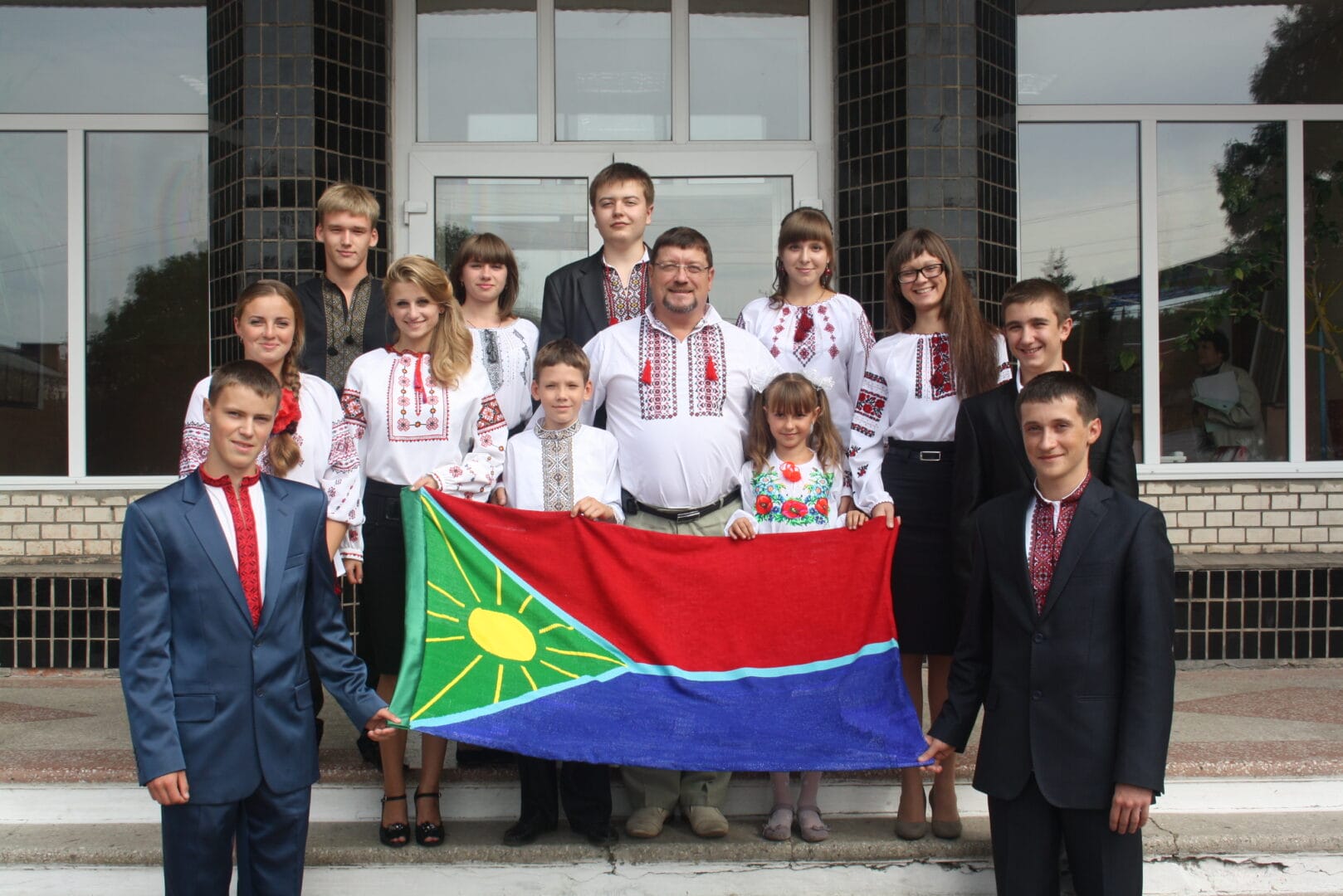This website uses cookies so that we can provide you with the best user experience possible. Cookie information is stored in your browser and performs functions such as recognising you when you return to our website and helping our team to understand which sections of the website you find most interesting and useful.
Slavuta Territorial Community
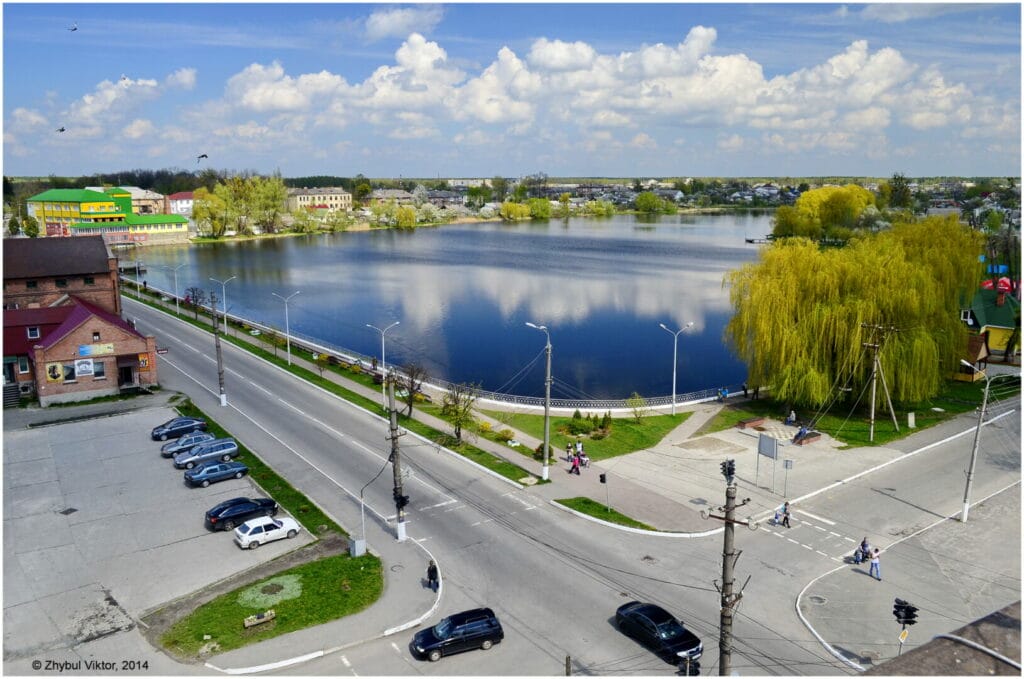
The Slavuta Urban Territorial Community was formed in the territory of the Shepetivka District of the Khmelnytskyi Region. The administrative centre is the town of Slavuta. There are three settlements in the Community: the town of Slavuta, the village of Varvarivka, and the village of Holyky. The Community is located in the centre of the western region of Ukraine.
The area of the Community is 69.87 km².
Population: 35,090 residents
Men – 16,317 residents
Women: 18,773 residents
Children: 6,263 residents
Internally displaced persons: 3,623 people
History
The Slavuta Urban Territorial Community was formed on 18 September 2018 by joining the Varvarivka Village Council of the Slavuta District to the town of Slavuta of regional importance.
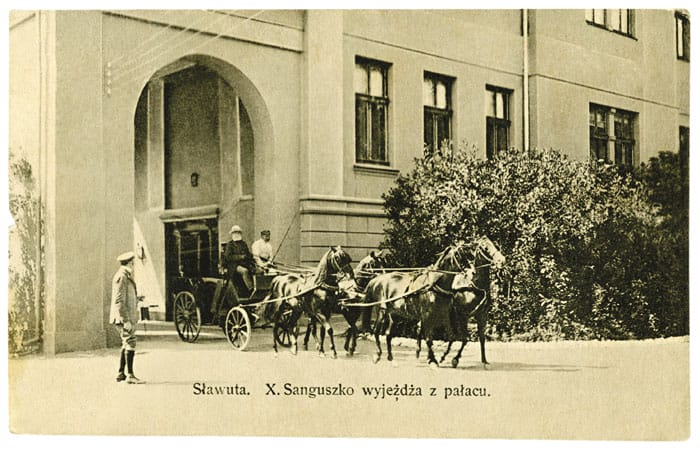
Researchers interpret the original name of the town of Slavutyn and the later one of Slavuta in different ways. There are several legends about the origin of the name, which changed over time: Slavutyn – Slavutyna – Slavuta. According to one of the legends, the name of the town is associated with its picturesque (glorious) nature; according to another, the name of Slavutyna comes from the words “slavna” meaning glorious and “utyna” meaning a shelter where you can escape. However, there is an opinion that the name of the town was given by its founders, princes Zaslavsky, in honour of their family.
Slavuta is the youngest town of the Khmelnytskyi Region, which has the status of a historical town. It has been known since 1617. In the archives of the city of Kraków in Poland, a privilege for the establishment of the town of Slavuta “… to be judged according to the rights of Magdeburg”, issued on 23 April 1633 by Prince Yuriy Zaslavsky, was discovered.
In the 18th and 19th centuries, Slavuta was the industrial centre of Volyn as a result of the rapid development of a large number of enterprises, plants and factories there.
In September 1941, on the south-eastern outskirts of Slavuta, the Nazi occupation authorities established a concentration camp for Soviet prisoners of war – Stalag 301, later Stalag 357. This camp is better known under the name of the Grosslazaret Slavuta – Zwei. Camp 301. According to official data, 150,000 prisoners of war died in the camp, of whom the names of 18,360 people are known.
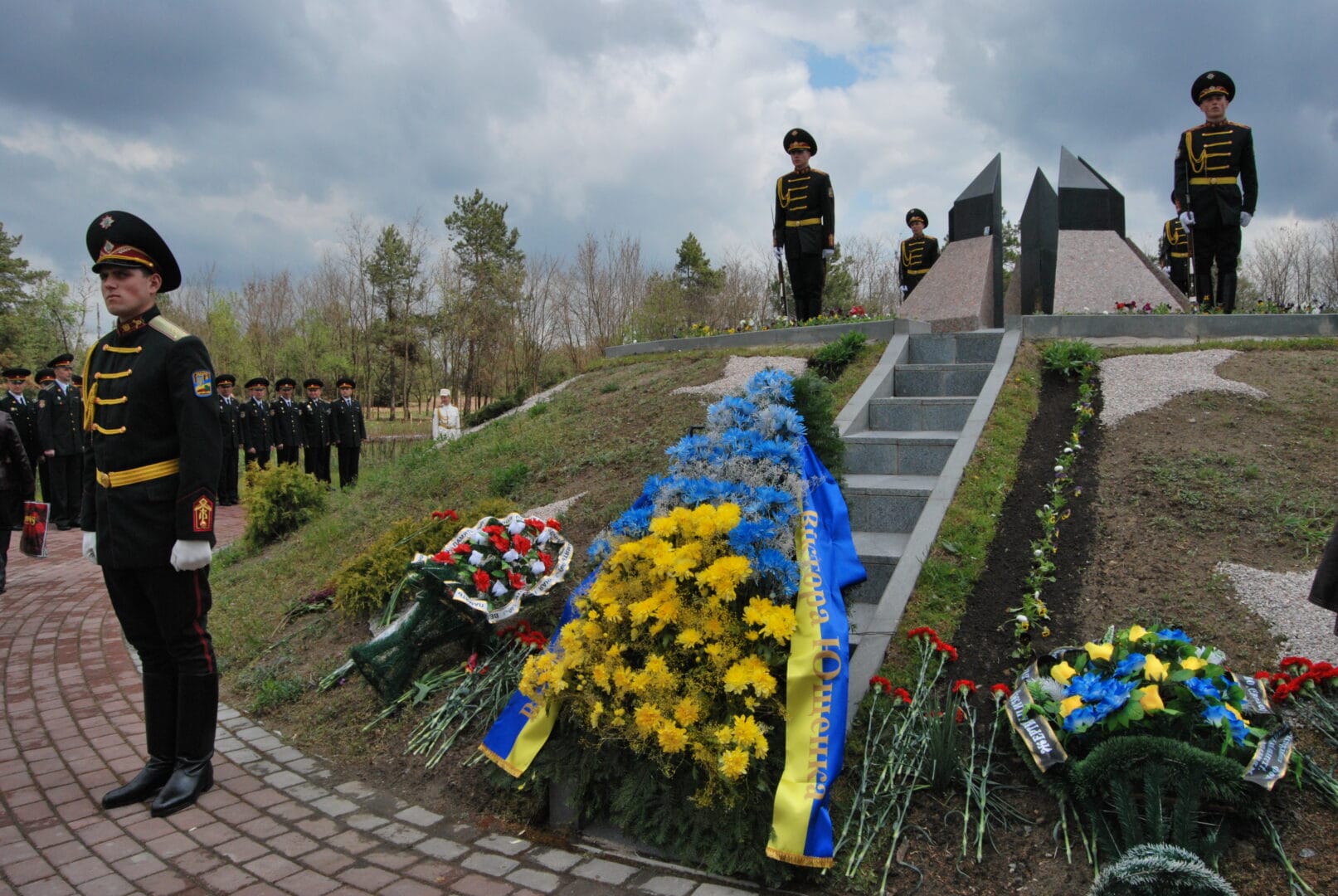
The town of Slavuta has been multinational since its foundation. Jews, Ukrainians, Poles and Germans lived there for centuries. Each national community lived in a certain territory, had its own schools, hospitals, and religious buildings.
In 1772, a park was established in Slavuta, which now has the name of Slavutskyi and is a landmark park of horticultural art of local importance in Ukraine.
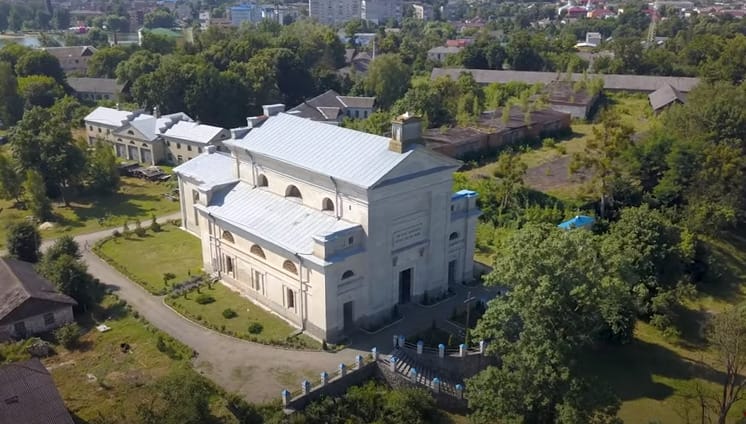
The Church of the Nativity of the Virgin in Slavuta was built in 1918 at the expense of the local Orthodox community and Prince Eustachy Sangushko. The building is in the Ukrainian Baroque style, and its walls were painted as in the Volodymyr Cathedral in Kyiv.
Economy and Welfare
In the Community, the most developed groups of export goods are the production of ceramic sanitary-technical products, bathroom furniture, other furniture, and food production.
There are 143 businesses in the Community, 21 of them export to EU countries. More than 20 enterprises are concentrated in the woodworking industry and bathroom furniture production.
Heberit Ceramic Production has been successfully operating in Slavuta since 2015; it is a leader of the European sanitary and technical products market. In 2019, the company opened a new logistics centre with 65 jobs. Almost 60% of manufactured products are exported.
The largest producers of the woodworking industry are:
- Aqua-Rodos is one of the largest manufacturers of furniture in Eastern Europe with a production capacity of 60,000 units/month of finished products;
- Rodors, where a modern workshop with the latest equipment was opened, which produces metal and armoured doors and other metal products.
- Yuventa, which provides a complete technological cycle of furniture production for bathrooms. The opening of a modern furniture workshop increased the production capacity of the enterprise to 30,000 units/month;
- Sanservice, where the key operations of the enterprise include the production of furniture for bathrooms, as well as wholesale and retail trade in sanitary and technical products.
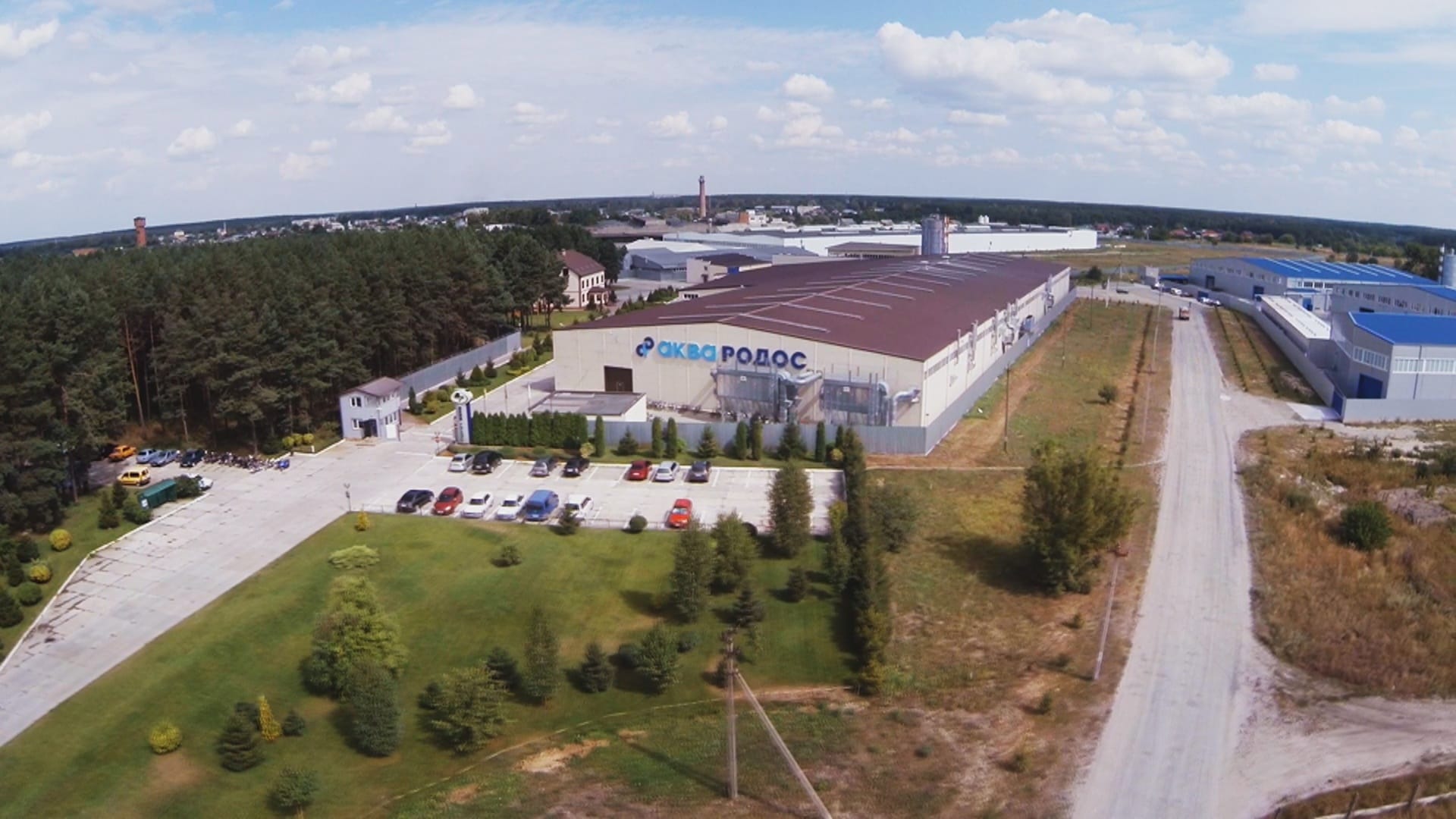
The Community leadership is working on the development of the Slavuta industrial park in order to attract investors on favourable terms.
The Community is an active member of European initiatives – Mayors for Economic Growth (M4EG), the Agreement of Mayors-East, it participates in the activities of the U-Lead with Europe program, under which it implements development projects.
The town of Slavuta has time-tested business relations in the field of education, culture, and health care with its partner towns of the Republic of Poland – Gmina Sulejów, Gmina Goleniów, the town of Lubartów, Krasnicki District. It participates in cultural (Germany, Italy, Georgia, Bulgaria) and educational exchanges (Sweden) with European cities.
The educational space in the Community develops on the principles of comfort, safety, accessibility, energy efficiency and modern motivating design, forming an effective model of a specialized school. The Community runs nine institutions of preschool education and ten institutions of general secondary education.
The vocational and technical educational institution, i.e. Slavuta Vocational Lyceum, works in the Community, ensuring the right of the town’s residents to obtain labour qualifications and complete general secondary education.
In order to develop the children’s creative abilities, the Community runs out-of-school education institutions, i.e. the Children’s Creativity Centre, the Station of Young Technicians, the Children’s and Youth Centre for Tourism and Environmental Work, and the Children’s and Youth Sports School.
In order to provide services to children with special educational needs, the communal institution “Inclusive Resource Centre” of the Slavuta Town Council was opened.
The Community also cares about the cultural development of its residents. Seventeen clubs function at the Palace of Culture.
In 2016, the reconstruction and re-exposition of the Slavuta Historical Museum was carried out. The institution has 14 expanded expositions.
The centre of cultural life in the town is the Art School “Slavuta School of Arts”. Training is carried out in five departments; eighteen children’s ensembles and four adult ensembles work fruitfully.
The Kolodar international ethno-festival is held in the Community. Its purpose is to popularize the local cultural heritage and Ukrainian ethnic songs.
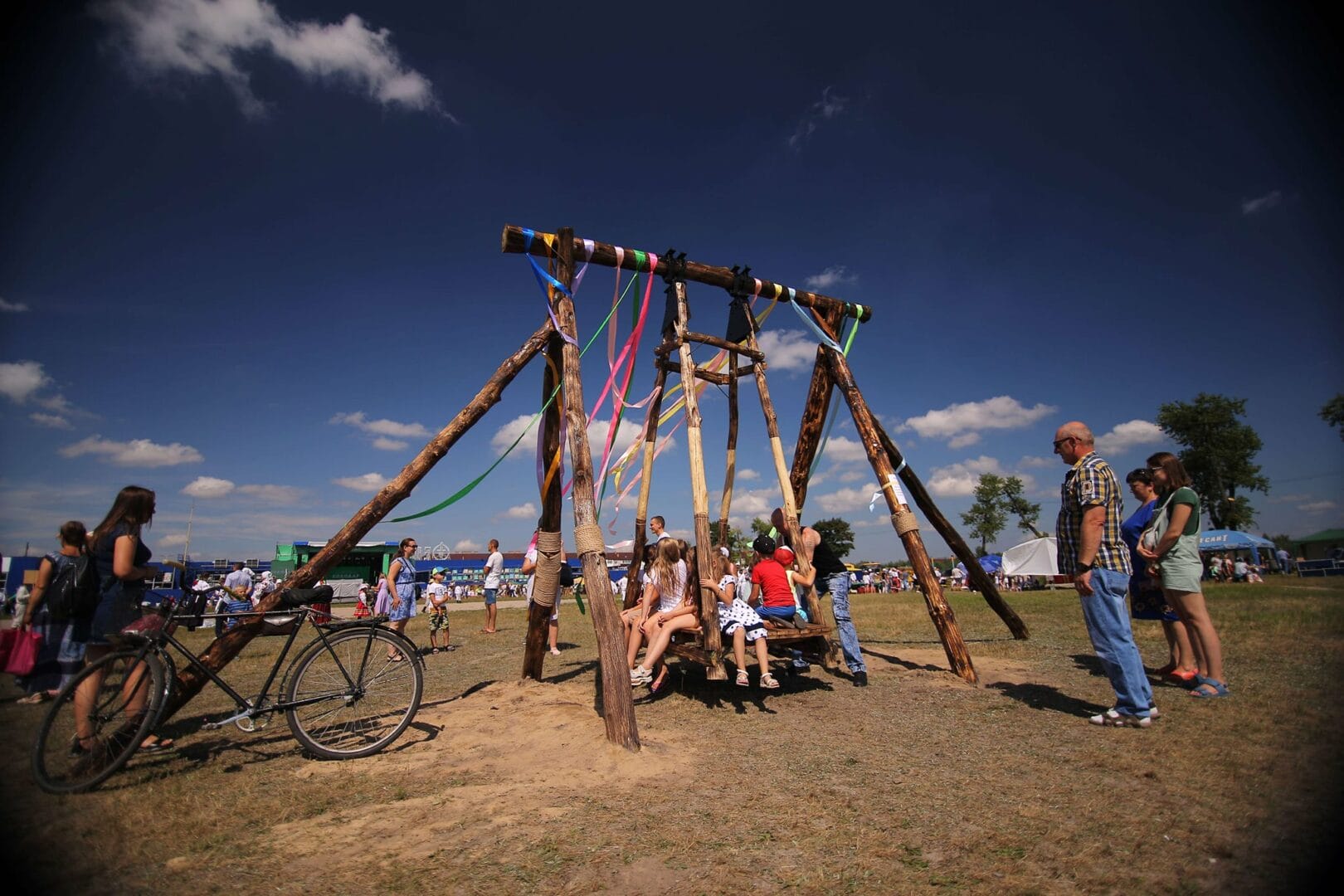
Medical services in the Community are provided by the Slavuta Primary Health Care Centre and the Slavuta Town Hospital, which provides services to the residents of the neighbouring communities.
Community and War
From the first day of russia’s full-scale invasion of the territory of Ukraine, the Slavuta Community rallied and united its efforts to oppose the aggressor and respond to potential challenges unknown at that time.
The Humanitarian Aid Centre was established in the Community at the Slavuta Town Council. Residents of the Community actively participated in the collection of necessary things and provided assistance.
The businesses of the Community immediately responded to the call of the authorities to help ensure the livelihood of the Community, stabilize the security situation and prepare for potential challenges.
Thanks to enterprises and entrepreneurs, roadblocks were set up at the entrance to / exit from the Community, humanitarian goods were transported, and motor vehicles, forklifts, fuel, food products were provided for use, and the necessary aid was constantly provided.
The company also provided the centre for collective accommodation of internally displaced persons with everything necessary for an estimated amount of 1 million hryvnias, provided internet access to the hostel. Military units located in the neighbouring communities were equipped with ceramic sanitary-technical products, furniture, pallets were provided to equip shelters. The Community provided baby food, diapers, warm clothes, and sleeping bags asked for by the refugees.
Aqua-Rodos and Rodors helped to prepare for the winter and purchased metal stoves (“burners”), which will be used in part for the needs of the Community in case of force majeure events, the needs of territory defence units, as well as the town of Chuhuiev (Kharkiv Region), the community of which, having suffered numerous devastating damages as a result of enemy shelling, asked the Executive Committee to provide them with heating devices.
As a result of established cooperation with its sister towns in the Republic of Poland, i.e. Gmina Sulejów, Gmina Goleniów, the town of Lubartów, Krasnicki District, the Slavuta Community received aid, which was distributed among the residents of the Community, displaced persons, and was directed to the regions affected by active hostilities or being in occupation.
The Slavuta Community immediately responded to the request of the Borodianka Settlement Council of the Bucha District in the Kyiv Region and rented out a vehicle for six months for the mobile provision of administrative services to the residents of the Borodianka Settlement Territorial Community.
Such cooperation was supported by the Swedish-Ukrainian PROSTO project “Supporting the availability of services in Ukraine” and the Ministry of Digital Transformation of Ukraine.
Educational and cultural institutions in the Community organized charity fairs and concerts with the aim of helping the Armed Forces of Ukraine, to support severely wounded soldiers from Slavuta.
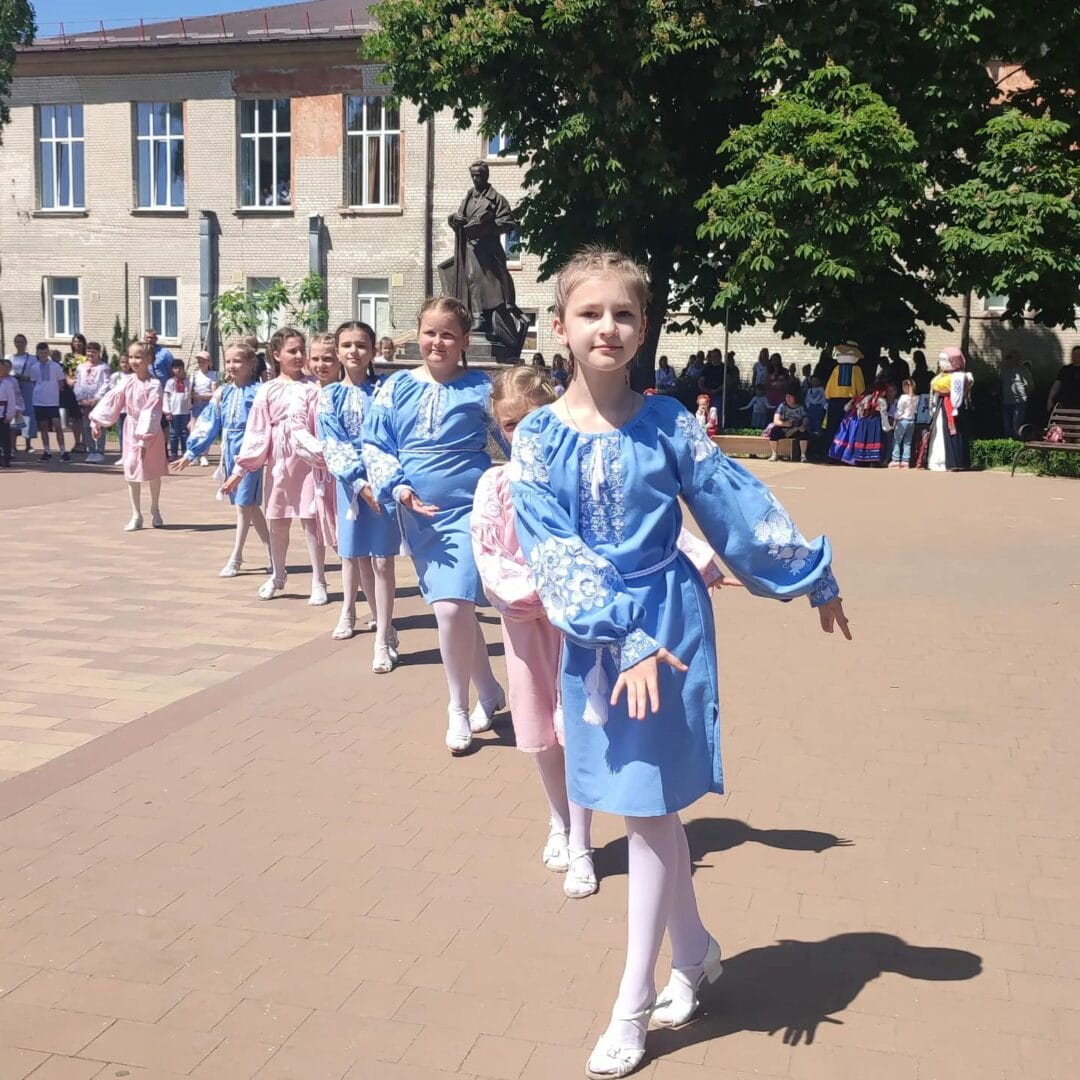
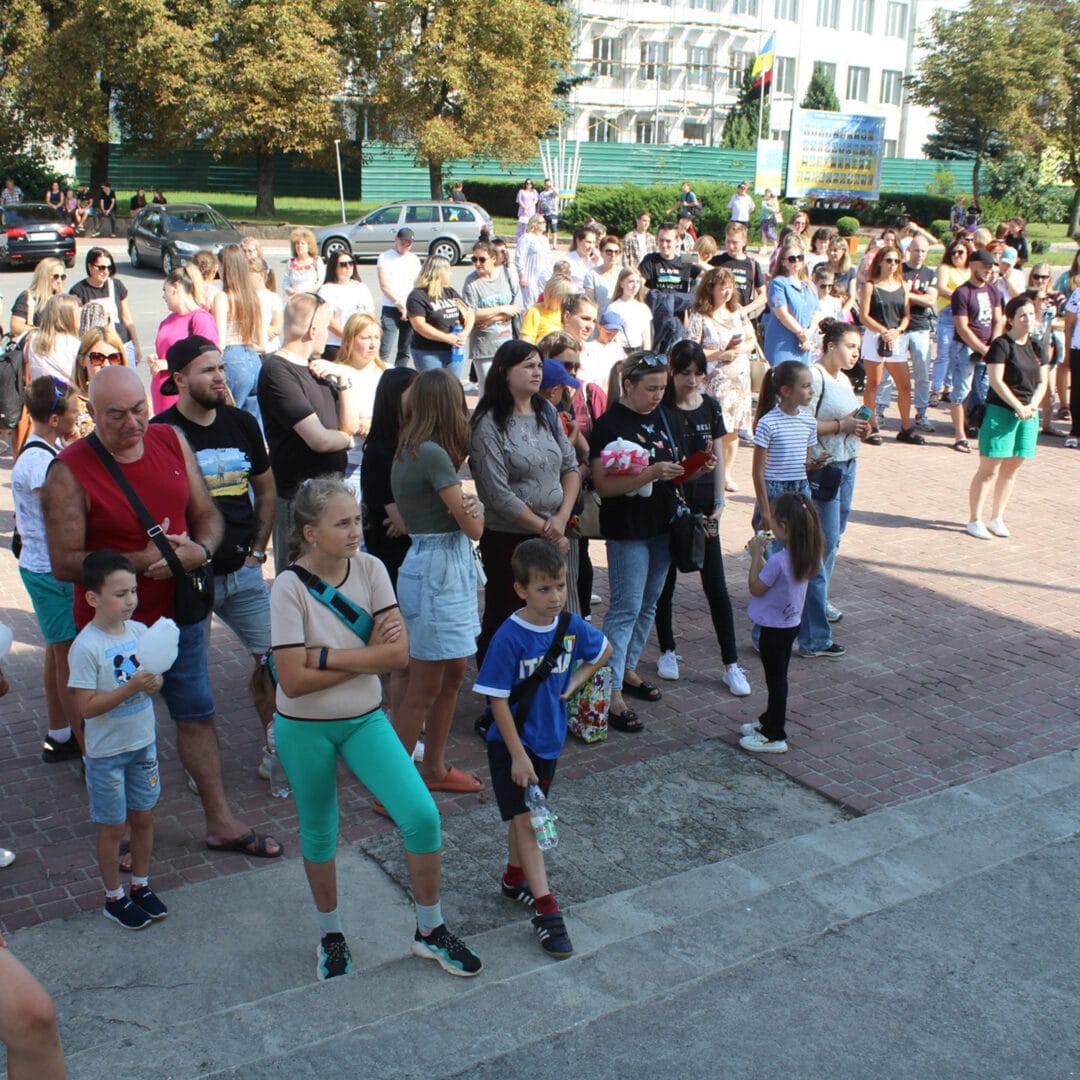
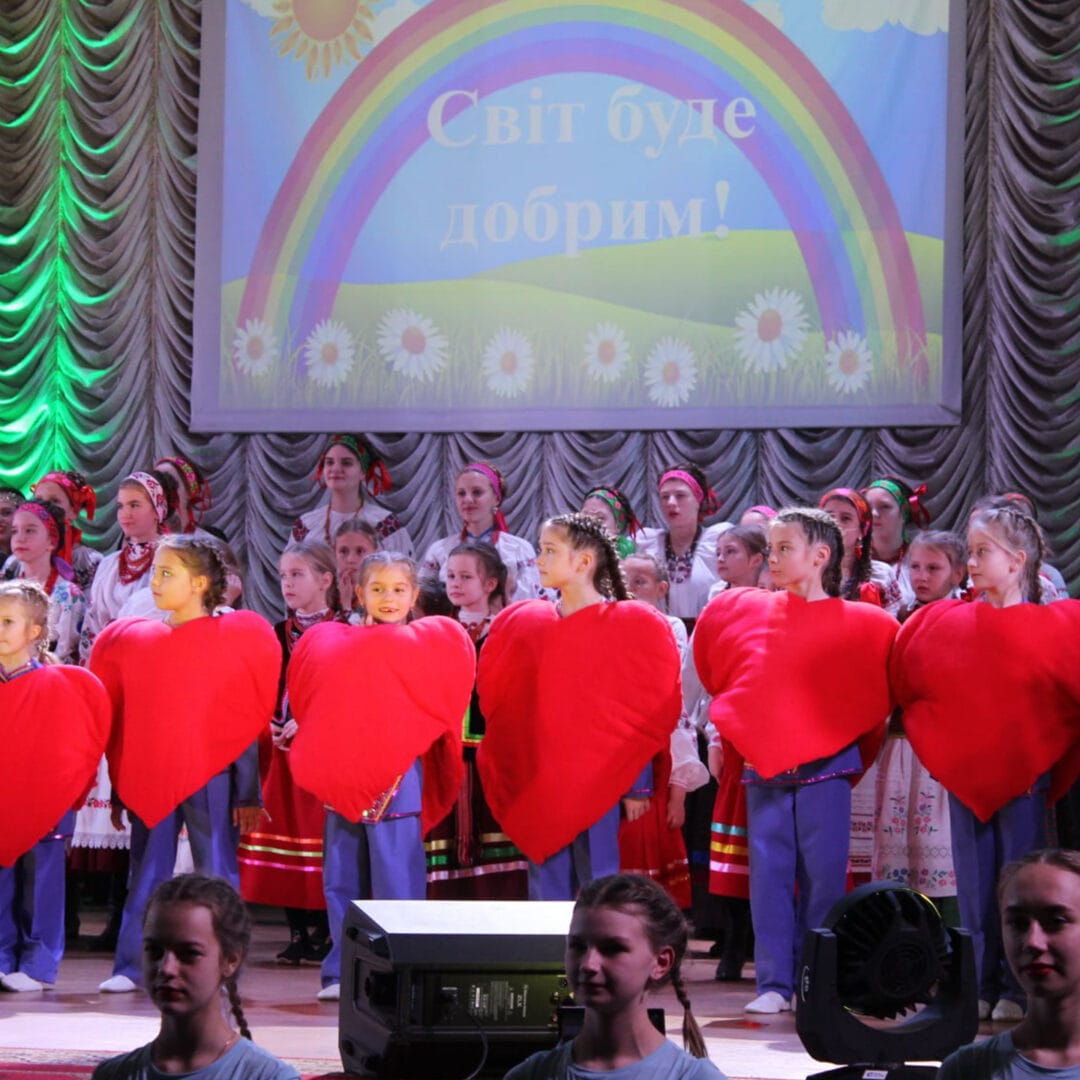
In Slavuta, there is a Battle Bees volunteer centre including women and men who, since the beginning of the full-scale invasion of russian troops, have been helping the soldiers of the Armed Forces of Ukraine.
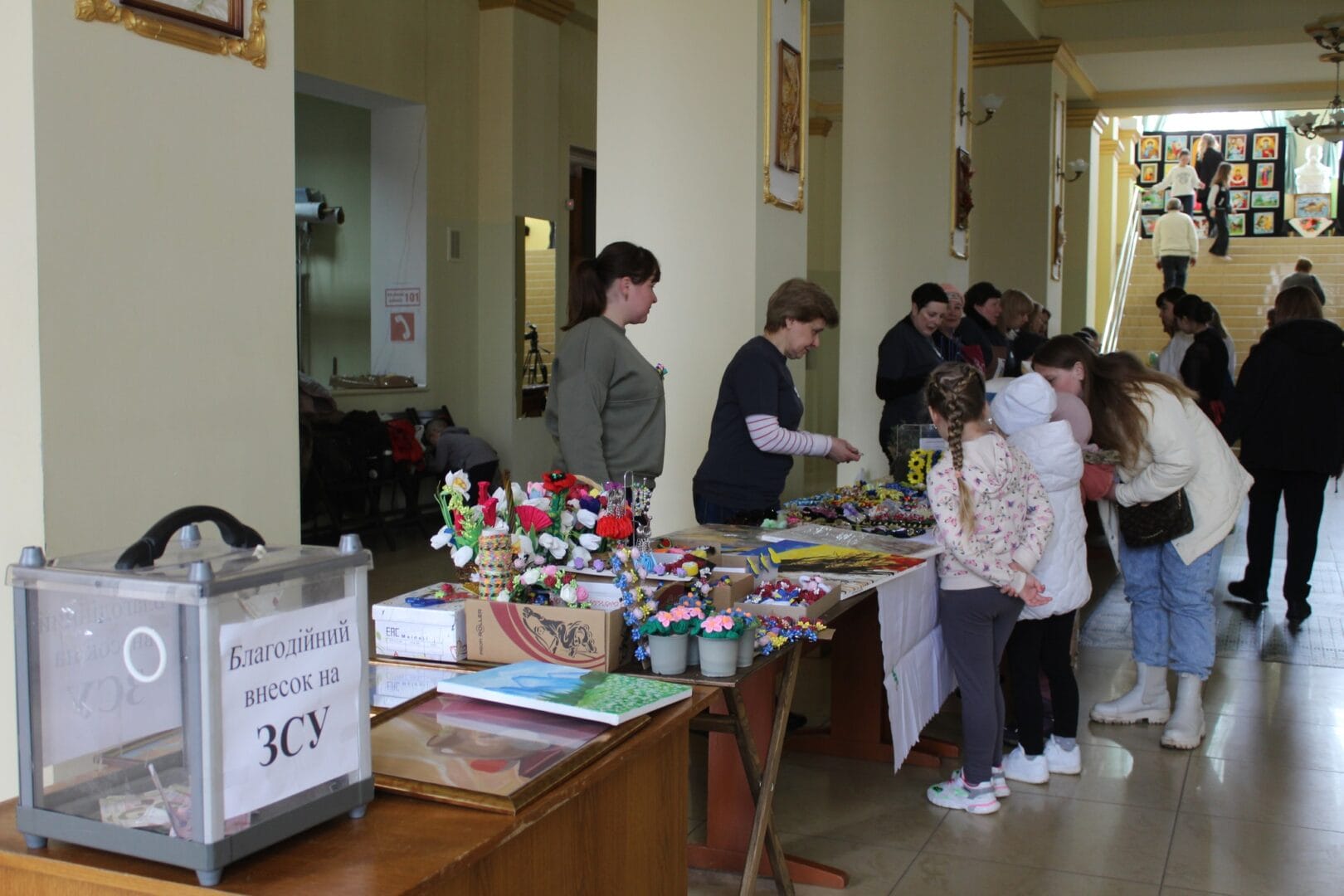
The Love in Action non-governmental organization headed by Anna Pustovit holds weekly free children’s meetings for children of internally displaced persons, where children spend their time usefully and interestingly.
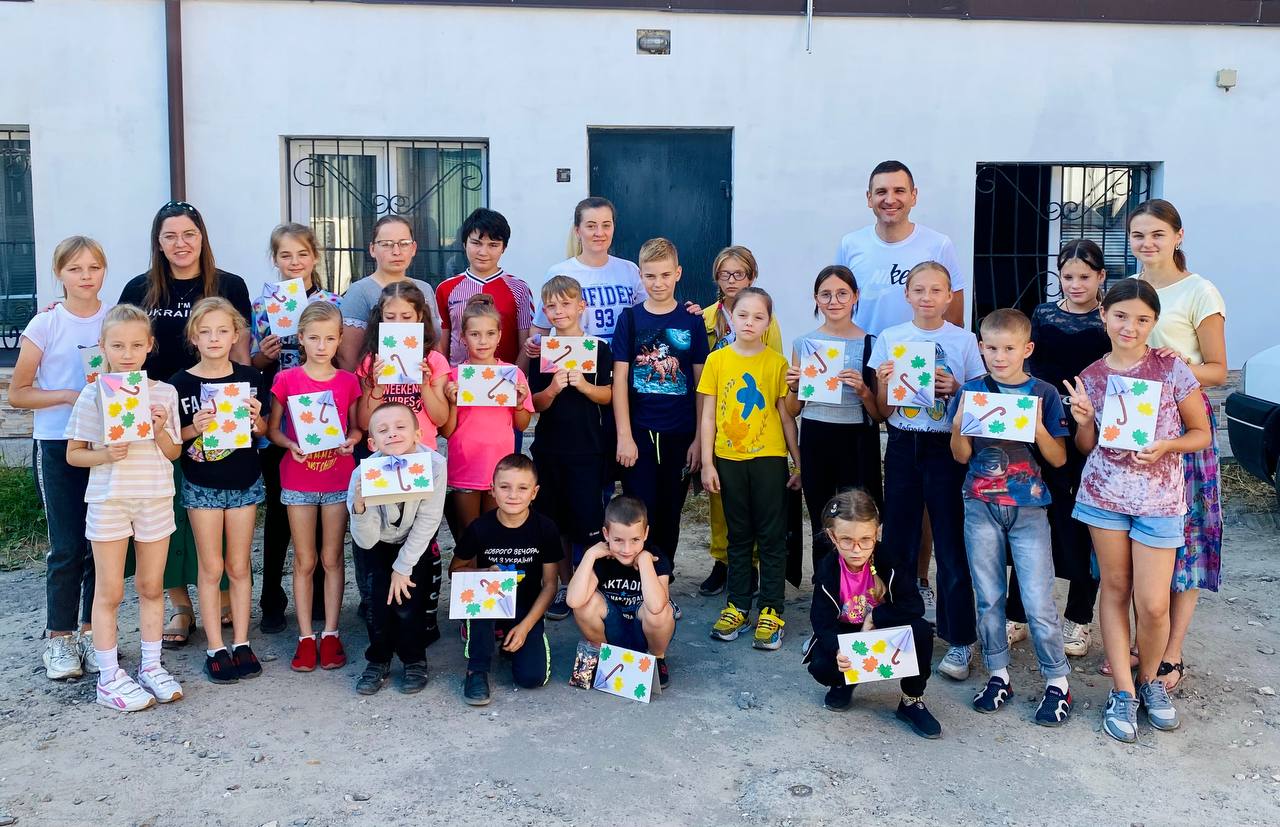
People of the Community
Vasyl Sydor is the head of the Slavuta Urban Territorial Community.
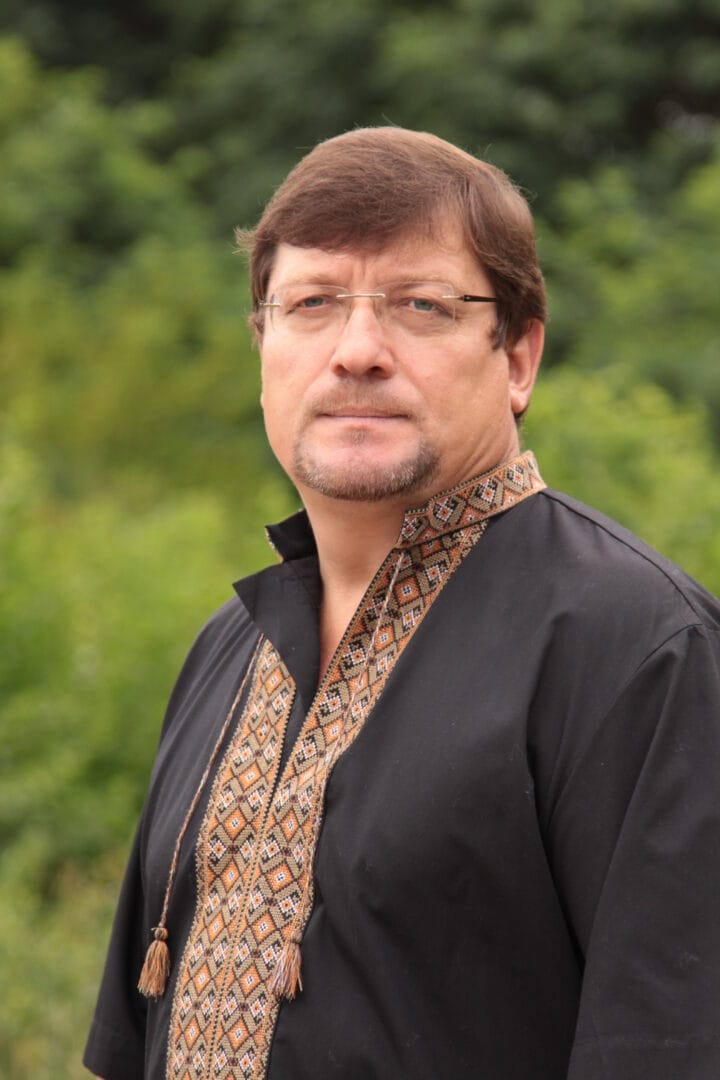
He has been the mayor of Slavuta since 2006.
While in office, the mayor’s efforts have been aimed at preserving existing industrial capacities and creating clear and transparent conditions for attracting investments that will contribute to the creation of new jobs, ensuring the proper level of public services in the Community, and solving the Community improvement issues.
The Slavuta Town Council received awards for deep engagement through positive transformational change at the local level and demonstration of commitment to creating sustainable, inclusive and resilient municipalities within the EU Grant Program Response and Renewal of the Mayor’s Initiative for Economic Growth (M4EG) (2023), for participation in the Industrial Waste Mapping (IWM) initiative funded by EU4Environment (2021), for the best practice “Opening the University of the Third Age” from the Ministry of Community and Territorial Development of Ukraine (2020).
Also, for a high level of development of the Community in all the areas, Vasyl Sydor has been awarded various orders and awards of the President of Ukraine with a certificate of the Verkhovna Rada of Ukraine.
Development Strategy
In 2018, the Strategic Development Plan of the town of Slavuta, Khmelnytskyi Region, until 2028 was developed and approved.
In order to improve the Community’s quality of life and ecology, the Slavuta Community is actively involved in the improvement of the town and the preservation of natural resources. In particular, measures are being taken to clean water bodies and forest areas, and projects for the improvement of parks and public squares are being developed.
In the development of small and medium-sized businesses, the Slavuta Community sees the potential for creating new jobs and increasing the incomes of the town’s residents. To this end, entrepreneurship support programs are being developed; infrastructure is being improved to attract local and foreign investors.
Energy efficiency and energy saving are important areas of development of the Slavuta Community. As part of these priorities, measures are taken to save energy in the utility sector, the use of alternative energy sources is supported, and efforts to reduce the level of consumption of traditional types of energy in the residential sector are made.
A project in the field of implementation of a sustainable waste management system in the Slavuta Community and four adjacent communities of inter-municipal cooperation has been developed and is constantly improved. The project envisages the installation of a waste sorting line with a processing capacity of more than 20,000 cubic meters per year in the territory of the active landfill of the Slavuta Community with the possible creation of a joint utility company, and, in the future, the establishment of businesses in the field of waste processing. Under the project, the Community cooperates with universities regarding the study of innovative methods of waste processing.
The project “Increasing the competitiveness of the Slavuta Community by developing the infrastructure of the Slavuta industrial park” (as part of the “Sectoral Policy Support Program”) is being implemented. The project envisages the provision of the Slavuta industrial park with the necessary engineering and technical infrastructure (vertical planning of the territory, construction of sewage networks and a sewage pumping station, development of design and estimate documentation for connecting the facilities of the Slavuta industrial park to electrical networks).
“Slavuta Community – a business accelerator of eco-innovative solutions for economic growth” (M4EG)
The project envisages the creation of the Business-Government-Community Dialogue Council as a platform for cross-sectoral cooperation, the creation of infrastructure to support entrepreneurship and promote investments – the construction of a multifunctional public space – a business centre (Entrepreneurship Development, Innovations and START-UP Office; Youth Educational Techno-Centre (IT school, English language courses, mental mathematics); co-working; eco-transformer offices; eco-production premises; fund for financial support of innovations and START-UPs), business education, eco-education for entrepreneurs, for employees of enterprises, institutions and organizations, population, high school students; demobilized members of the United Forces Operations / ATO, students, youth, women within the public spaces of the Business Centre and school co-working spaces, creation of at least 20 new business facilities and 150 new jobs, implementation of pilot innovative business solutions/projects using the concept of Zero-Waste economy and the needs of the modern labour market.
The Community is also implementing the Action Plan for sustainable energy development and climate until 2030.
Desired areas of future cooperation with foreign municipalities:
- Sustainable urban development.
- Education and culture.
- Economic development, in particular sharing experience in the organization of industrial parks.
- Energy efficiency.
- Establishing ties between municipal utility companies.
- Development and implementation of joint projects, participation in grant programs.
- Sharing experience in the field of activities of local self-government bodies.
- Establishment of a long-term partnership, exchange of experience for the restoration of Ukraine and its integration into the European community.
